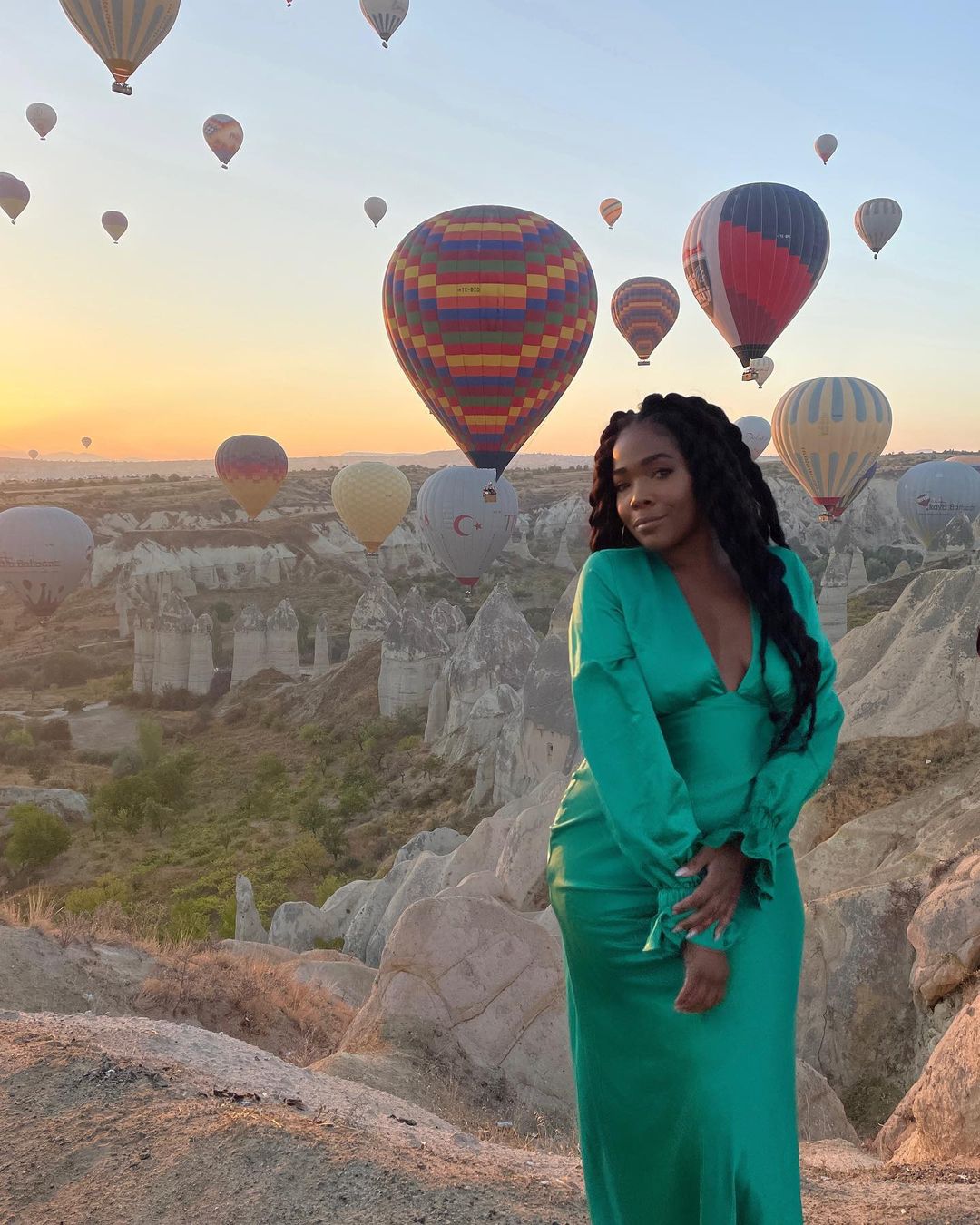
Hiring managers and recruiters see a lot of bad applications. Which means that when they see a red flag, they run for the hills. They’re over bad job applicants, so don’t be one of them.
You don’t need to spend hours learning how to make your job application stand out, you just have to follow these best practices.
When you’re competing with dozens (if not hundreds) of qualified applicants for your next dream job, you need to bring your a-game. That means hitting the job applicant trifecta of having a strong resume, cover letter, and killer references. How do you accomplish this? We’re sharing some of our top tips for how to stand out when applying for a job.
A resume is a document that highlights your education, skills, and work experience. Your resume is the first impression you’ll give a potential employer. Typically, they’ll look over your resume before committing to reading your cover letter. Because of this, it’s super important that your resume is clean, easy to read, and error free.
These are some helpful resume tips to keep in mind:
While not all employers require cover letters as a part of their application process anymore, many still do. A cover letter is a document that accompanies a resume and is used to introduce oneself and express interest in a specific job or internship. A cover letter typically includes a brief introduction, a summary of the individual’s qualifications and relevant experience, and a closing statement. Cover letters are an opportunity to make a strong first impression and to communicate how an individual’s qualifications and experience align with the position they are applying for.
Before diving into writing your next cover letter, keep these tips in mind.
Employers will often ask for professional references as part of the hiring process to gain a better understanding of the candidate’s qualifications, work experience, and professional reputation. A professional reference is a person who can provide a recommendation or speak to an individual’s qualifications, skills, and work ethic. These references are typically people who have worked with the individual in a professional capacity, such as a supervisor, coworker, or mentor.
Professional references should be people who can speak positively about your work and are credible, such as a supervisor, manager, coworker, or someone who has supervised you in a volunteer or extracurricular activity. It is important to ask for permission before listing someone as a reference and provide them with a copy of your resume and the job description of the position you are applying for, so they can understand the context in which they will be providing the reference.
You want to choose a reference who can speak specifically about your qualifications, work ethic, and accomplishments, and should be able to provide specific examples of your skills, abilities and how you performed in the past. It’s also important to keep in touch with your references, let them know when you apply for a job and follow up to see if they have been contacted by the employer.
If an employer requires you to provide them with references in order to move forward in their hiring process, you’ll need to manage the process of requesting references from your professional network with graciousness and gratitude.
Here’s how to appropriately request a professional reference.
Want to get your hands on super polished resume templates that will make your job so much easier? Enroll in Leveling Up Your Career and we’ll share some professionally designed resume templates with you!
Aelyn’s reason for existing is simple — to teach everyone the life skills necessary to not only survive, but thrive.
With every course, you take one step further towards building your dream life.
The trademarks AELYN and FIND YOUR SUCCESS A Logo are owned by AELYN. All rights reserved.